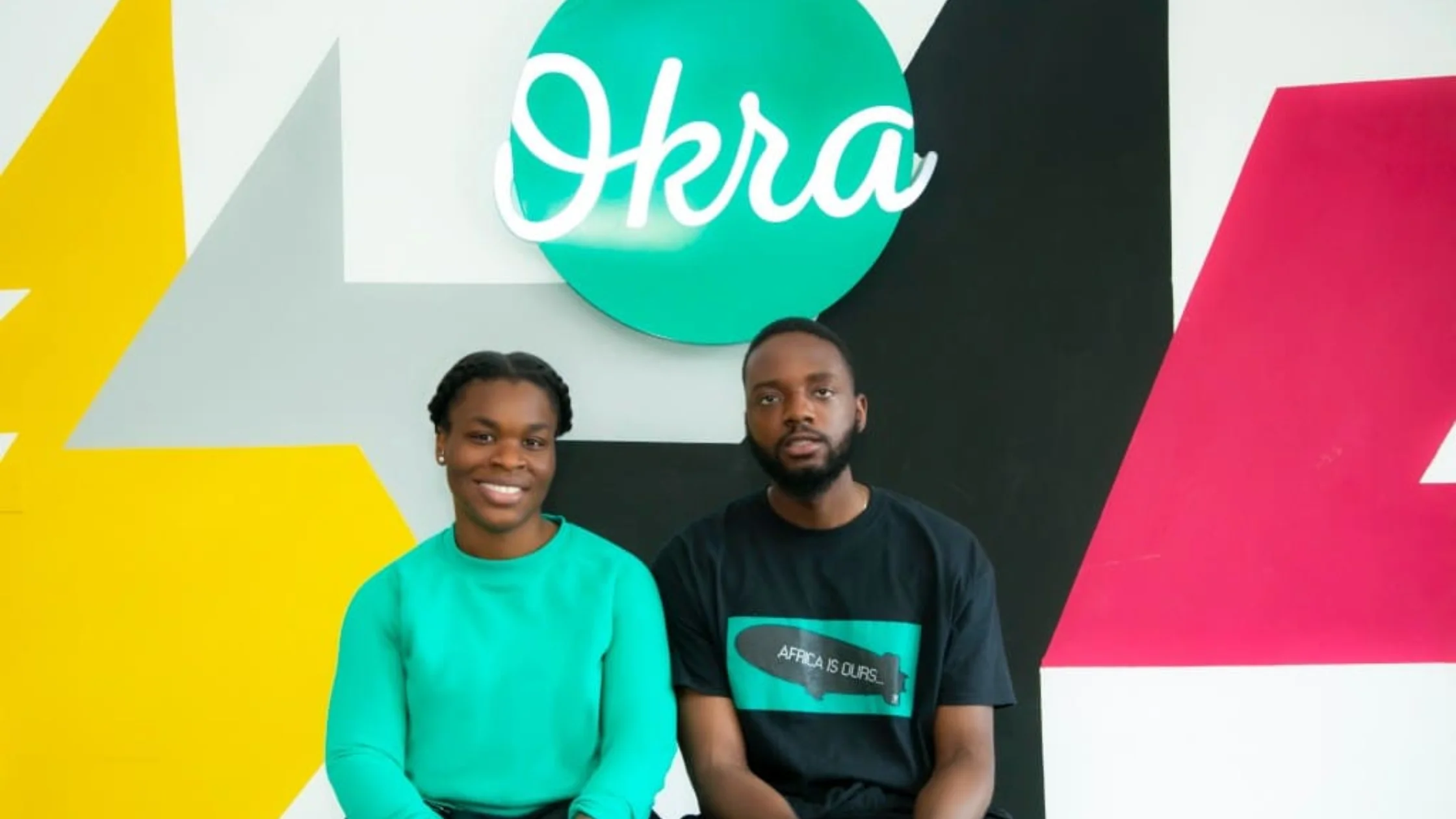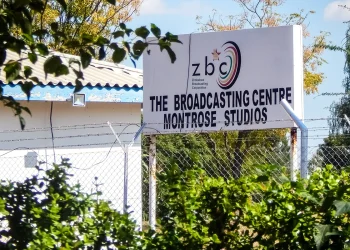After weeks of speculation, new details have emerged about how Nigerian fintech startup Okra is managing the conclusion of its operations. What is unfolding is not a chaotic collapse, but a highly structured and disciplined exit.
Okra is returning unspent capital to investors. Employees have received severance and bonuses. The company’s intellectual property is currently being acquired by another venture.
These developments follow our earlier reporting on Okra’s shutdown and our financial breakdown of what happened to the $16.5 million it raised. With this latest update, Okra is offering a new lens on how African startups can wind down responsibly, without crisis, silence, or reputational damage.
Investor Funds Were Preserved, Not Burned
According to co-founder and former CEO/CTO Fara Ashiru Jituboh, Okra still had three years of runway left when the team made the decision to close the company. The move was not driven by insolvency. It was a calculated decision to stop building in a market where traction remained limited despite a promising product roadmap.
While the company declined to share the exact figure, multiple sources estimate that between four and five million dollars will be returned to investors. Okra had raised a total of $16.5 million, which included a public $4.5 million round and an additional $12 million led by Base10 in 2022. The company reportedly maintained a conservative burn, having used less than 75 percent of its capital over five years.
In the African venture ecosystem, where capital efficiency is not always prioritised and clean exits are rare, this is a remarkable outcome.
An Employee-First Exit
Okra’s internal closure process also reflects a level of operational maturity rarely seen in shutdowns across the continent. Employees were informed ahead of time and offered structured severance packages based on tenure. Some long-serving staff received up to six months of salary. Even junior employees received bonuses in recognition of their time at the company.
This is in contrast to the trend where employees are often the last to be informed, or worse, left unpaid. Here, staff were respected, compensated, and given time to transition.
One former team member noted, “We were not just offboarded. We were cared for. There was transparency, respect, and support throughout.”
Nebula Was Technically Sound but Commercially Premature
Okra’s final product before winding down was Nebula, a local cloud infrastructure solution launched in late 2024. The platform was intended to offer a naira-denominated alternative to AWS and Google Cloud, particularly for African startups facing surging FX-driven cloud costs.
While Nebula received interest and some early adoption, Jituboh revealed that very few clients were using it for mission-critical infrastructure. The product was strong on engineering merit, but suffered from trust concerns, switching cost challenges, and slow adoption in a cautious market.
This lack of traction, despite a real market gap, made it difficult to justify continued spend.
Preserving IP Through Strategic Sale
One of the most notable developments is the planned acquisition of Okra’s IP and core infrastructure. According to sources close to the matter, a separate venture is in advanced due diligence to acquire the company’s technical assets. While the buyer’s name has not been publicly disclosed, it is believed to be a startup within the financial services or infrastructure space.
This kind of IP sale after a shutdown is standard in Silicon Valley, but rarely executed in Africa. In most cases, technical infrastructure is abandoned or lost. Okra’s ability to package its assets for transfer shows a level of strategic foresight that is still developing in the regional ecosystem.
Building a New Exit Playbook for Africa
The events surrounding Okra’s closure offer more than a case study. They provide a working model of how African founders can exit responsibly.
Here are the key principles emerging from Okra’s example:
- A startup does not need to run out of money before deciding to shut down
- Returning capital to investors is a valid outcome, not a failure
- Employee well-being should remain a priority, even during the final stages of a company’s life
- Intellectual property can and should be repurposed if the market opportunity no longer supports the original business
Too often, African startups hold on too long, continuing to raise or pivot long after momentum has faded. Okra’s team made a different decision. They exited with discipline, transparency, and grace.
Editor’s Note
Okra’s story may not end with a high-profile acquisition or a billion-dollar valuation, but it may be one of the most meaningful tech stories in Africa this year.
By returning capital, protecting employees, and transferring technical assets, the company is showing that closure can be structured, not shameful. As the African startup ecosystem matures, these kinds of exits will become not only necessary, but respected.
This article was rewritten with the aid of AI
At Techsoma, we embrace AI and understand our role in providing context, driving narrative and changing culture.














Comments 1